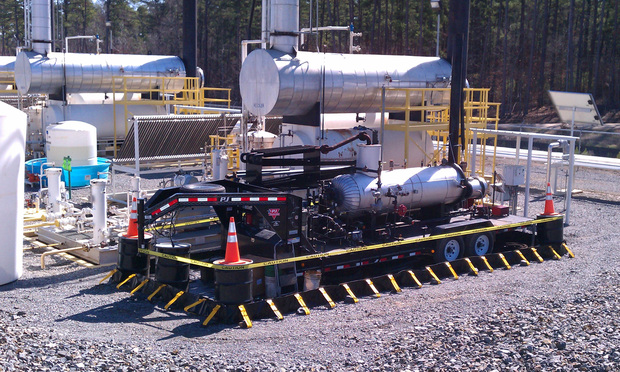Congress’ inability or unwillingness to pass a law desired by the executive branch does not default authority to the executive branch to act independently, regardless of whether hydraulic fracturing is good or bad for the environment or the Citizens of the United States.
The agency’s rule required energy companies to publicly disclose chemicals used in fracking. The rule also established new standards for the storage of waste fluids. Sally Jewell, the U.S. Interior Department secretary, last year said the rule “provides a framework of safeguards and disclosure protocols that will allow for the continued responsible development of our federal oil and gas resources.”
Neal Kirby, a spokesman for the Independent Petroleum Association of America, wasn’t reached for comment early Wednesday. Kirby told the Associated Press: “BLM did not have the authority to issue its rule in the first place. Today’s decision demonstrates BLM’s efforts are not needed and that states are—and have for over 60 years been—in the best position to safely regulate hydraulic fracturing.”
This content has been archived. It is available through our partners, LexisNexis® and Bloomberg Law.
To view this content, please continue to their sites.
Not a Lexis Subscriber?
Subscribe Now
Not a Bloomberg Law Subscriber?
Subscribe Now
LexisNexis® and Bloomberg Law are third party online distributors of the broad collection of current and archived versions of ALM's legal news publications. LexisNexis® and Bloomberg Law customers are able to access and use ALM's content, including content from the National Law Journal, The American Lawyer, Legaltech News, The New York Law Journal, and Corporate Counsel, as well as other sources of legal information.
For questions call 1-877-256-2472 or contact us at [email protected]





